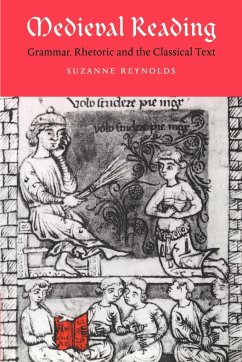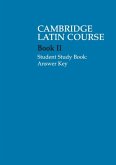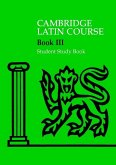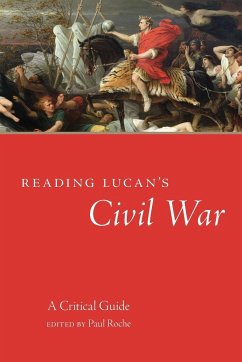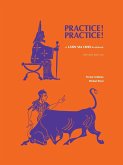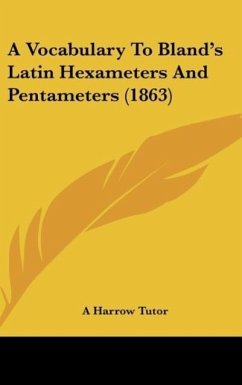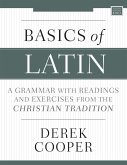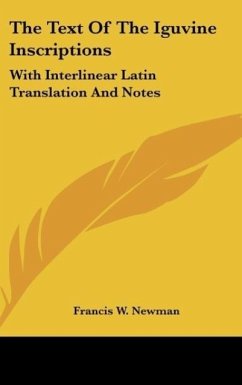This book argues for a radically new approach to the history of reading and literacy in the Middle Ages.
This book argues for a radically new approach to the history of reading and literacy in the Middle Ages. It investigates the use of complex literary texts as the basis of elementary instruction in the Latin language and, using medieval teachers' notes (glosses) on a classical text (Horace's Satires) and a selection of other unpublished manuscript materials, it demonstrates that the reading of classical literature was profoundly shaped by the demands of acquiring Latin literacy through the arts of grammar and rhetoric. The resolutely literal readings of Latin texts found in these educational and institutional contexts call for a reassessment of the relationship of Latin and vernacular discourses in medieval culture, and of some central notions in medieval hermeneutics, notably allegory and authorial intention.
Table of content:
1. Introduction; Part I. Contents for reading: 2. Learning to read: the classics and the curriculum; 3. Reading and the trivium arts; Part II. Reading Practice: 4. Origins and mythologies: the invention of language and meaning; 5. Reading word by word (1): the role of the vernacular; 6. Reading word by word (2): grammatical and rhetorical approaches; 7. From words to the phrase: the problem of syntax; 8. Government: the theory and practice of a grammatical concept; 9. Rival orders of syntax: vernacular, natural and artificial; 10. From the phrase to the text: grammatical and rhetorical approaches again; 11. Naked intention: satire and a new kind of literal reading; 12. Literacy: a new model for the classical text in the middle ages?; Bibliography.
Hinweis: Dieser Artikel kann nur an eine deutsche Lieferadresse ausgeliefert werden.
This book argues for a radically new approach to the history of reading and literacy in the Middle Ages. It investigates the use of complex literary texts as the basis of elementary instruction in the Latin language and, using medieval teachers' notes (glosses) on a classical text (Horace's Satires) and a selection of other unpublished manuscript materials, it demonstrates that the reading of classical literature was profoundly shaped by the demands of acquiring Latin literacy through the arts of grammar and rhetoric. The resolutely literal readings of Latin texts found in these educational and institutional contexts call for a reassessment of the relationship of Latin and vernacular discourses in medieval culture, and of some central notions in medieval hermeneutics, notably allegory and authorial intention.
Table of content:
1. Introduction; Part I. Contents for reading: 2. Learning to read: the classics and the curriculum; 3. Reading and the trivium arts; Part II. Reading Practice: 4. Origins and mythologies: the invention of language and meaning; 5. Reading word by word (1): the role of the vernacular; 6. Reading word by word (2): grammatical and rhetorical approaches; 7. From words to the phrase: the problem of syntax; 8. Government: the theory and practice of a grammatical concept; 9. Rival orders of syntax: vernacular, natural and artificial; 10. From the phrase to the text: grammatical and rhetorical approaches again; 11. Naked intention: satire and a new kind of literal reading; 12. Literacy: a new model for the classical text in the middle ages?; Bibliography.
Hinweis: Dieser Artikel kann nur an eine deutsche Lieferadresse ausgeliefert werden.

